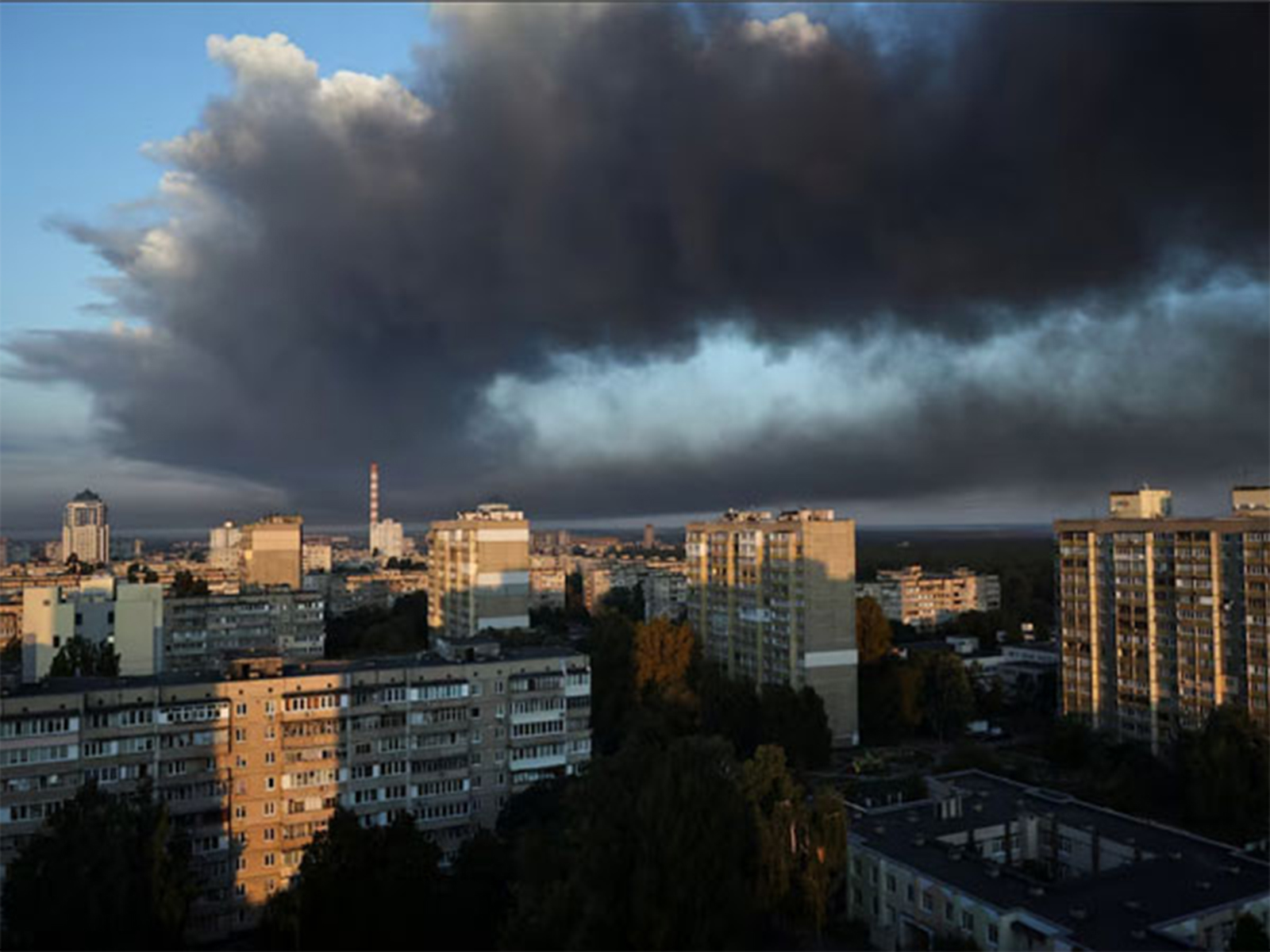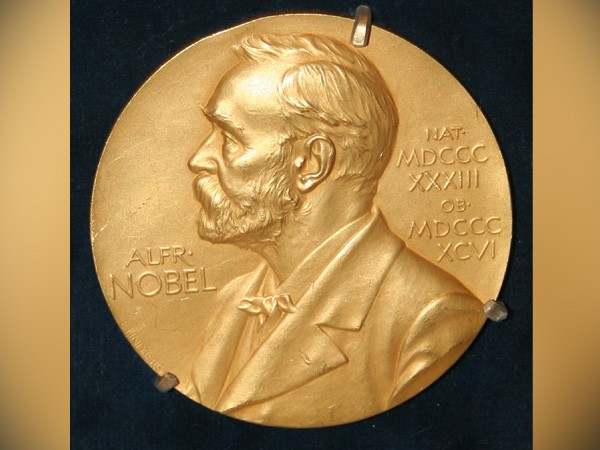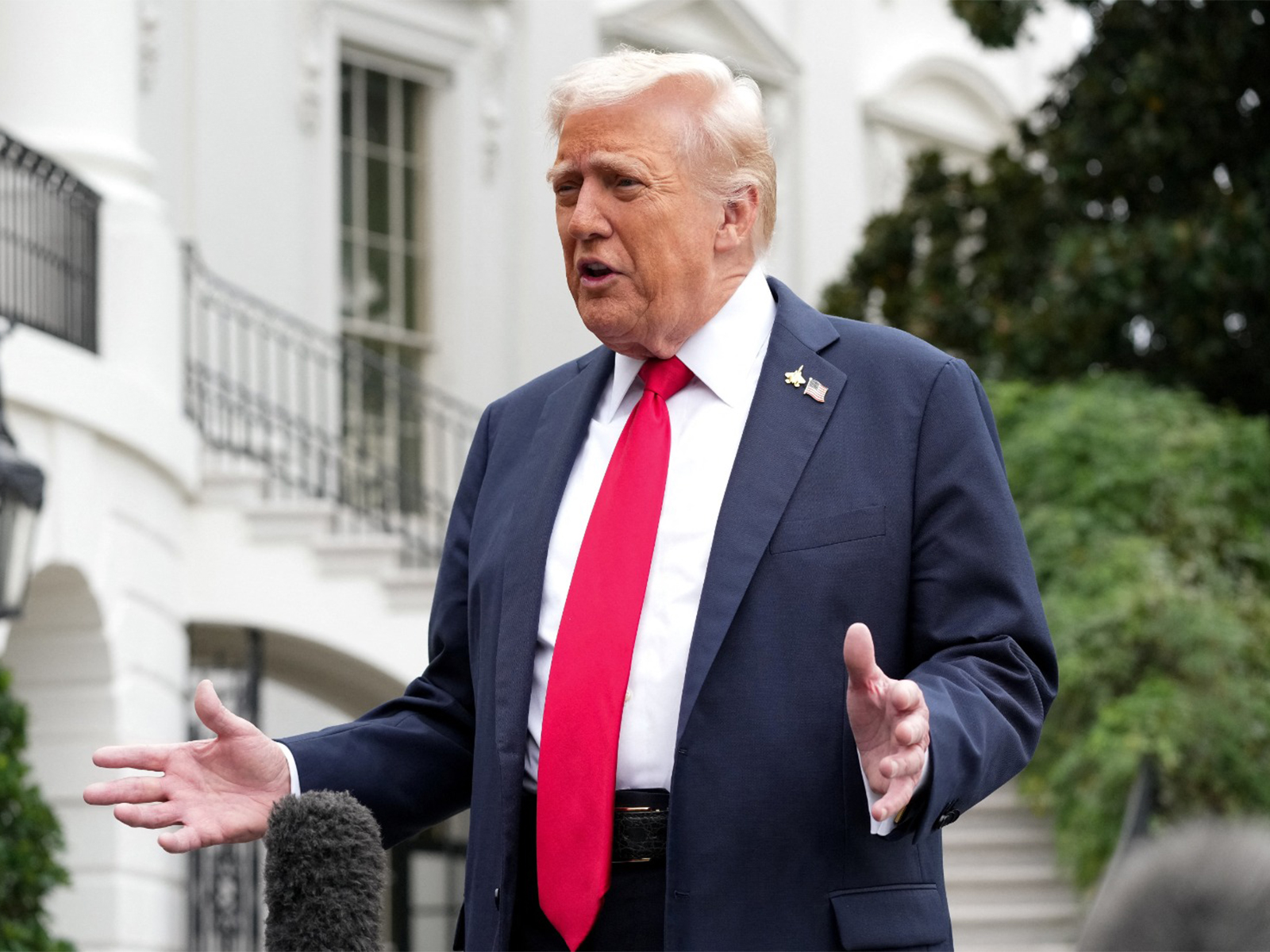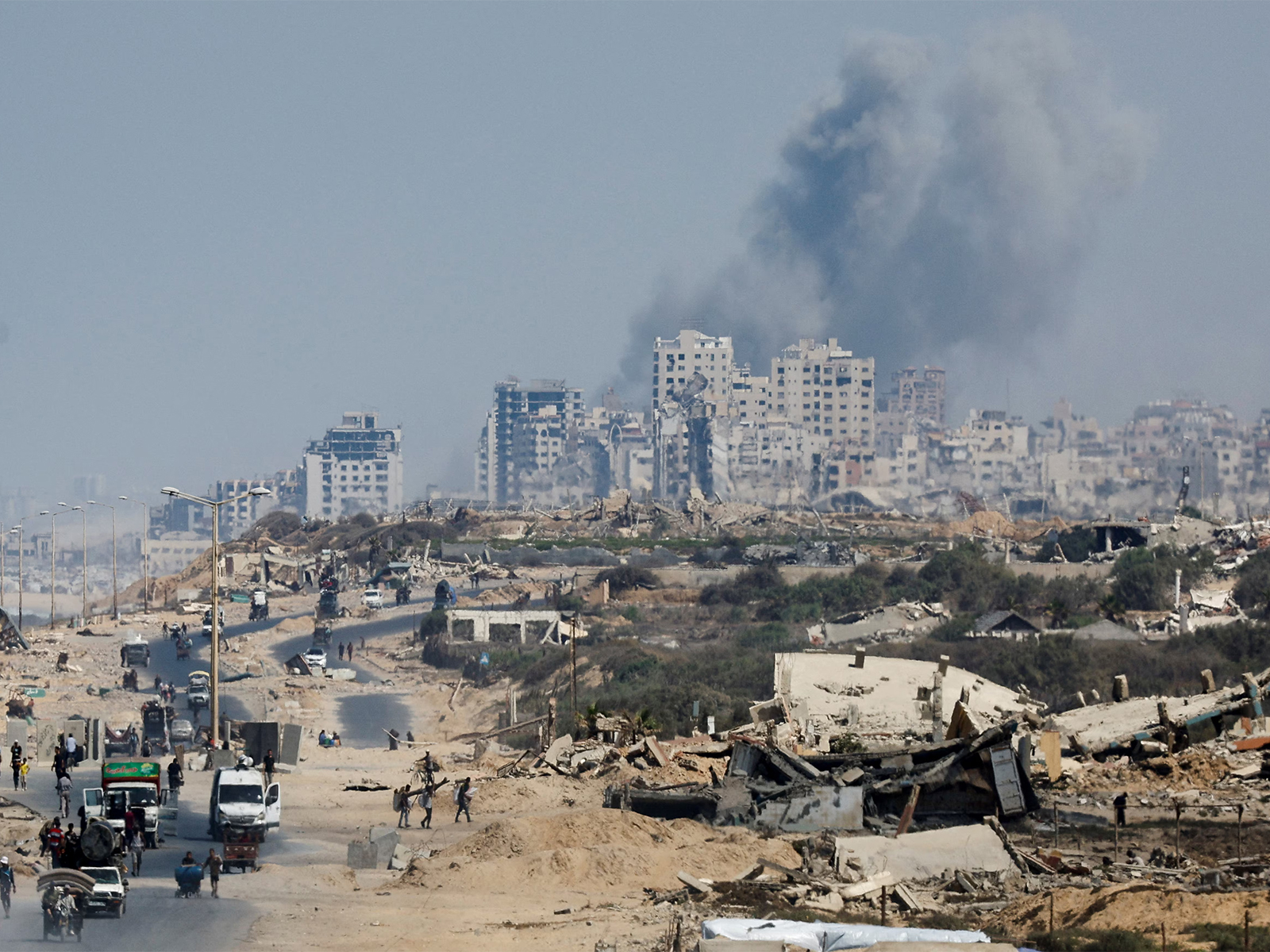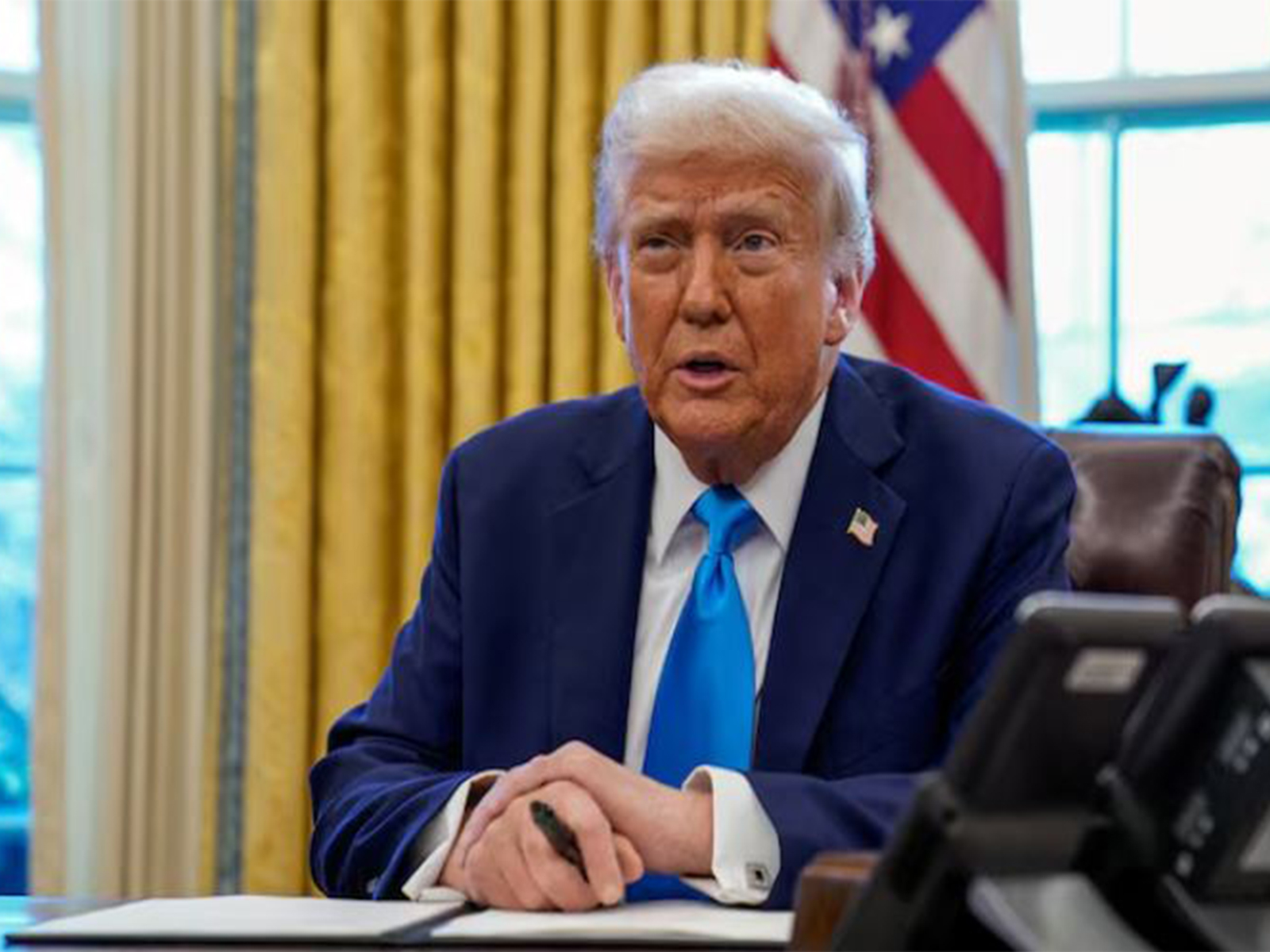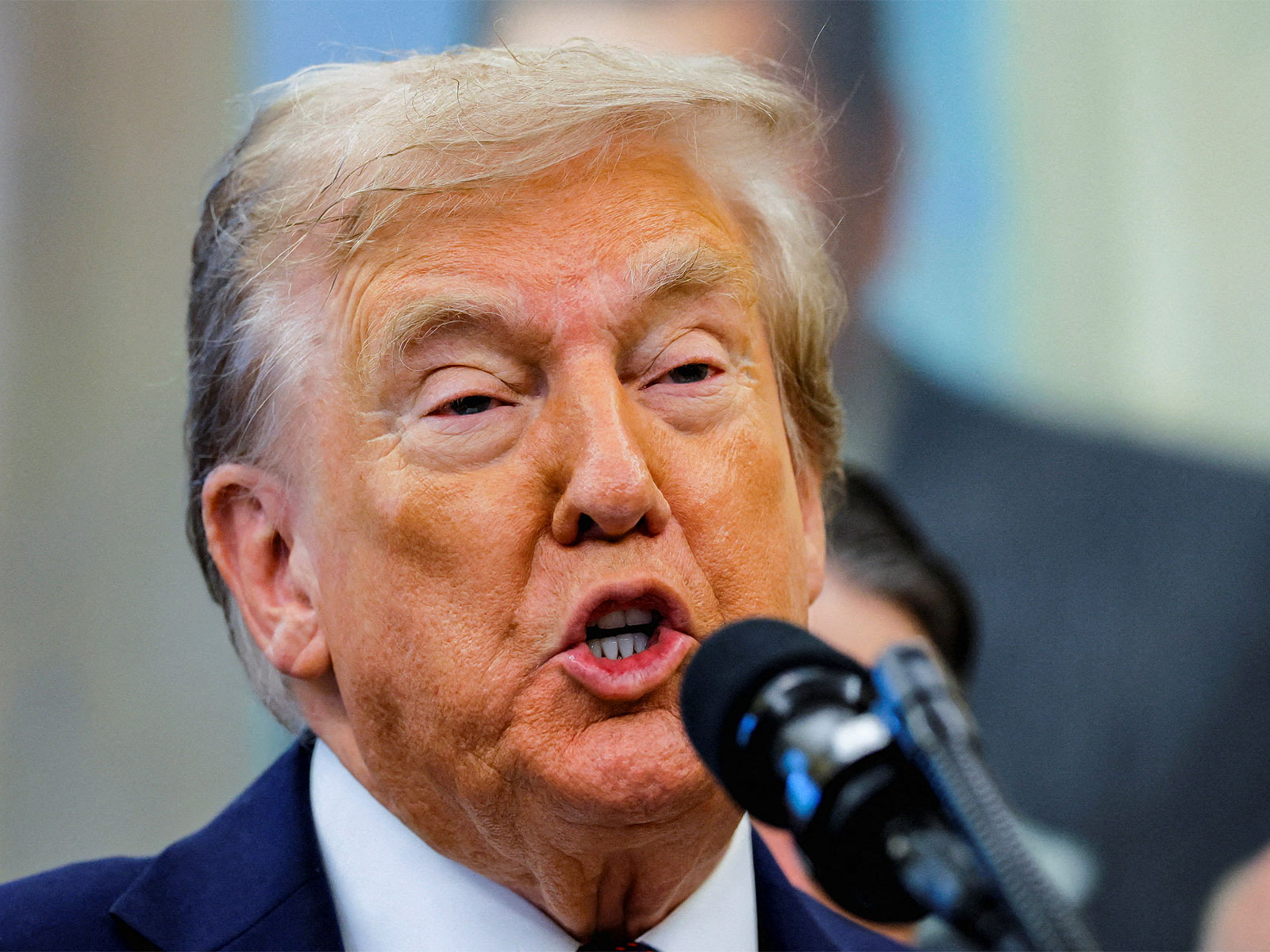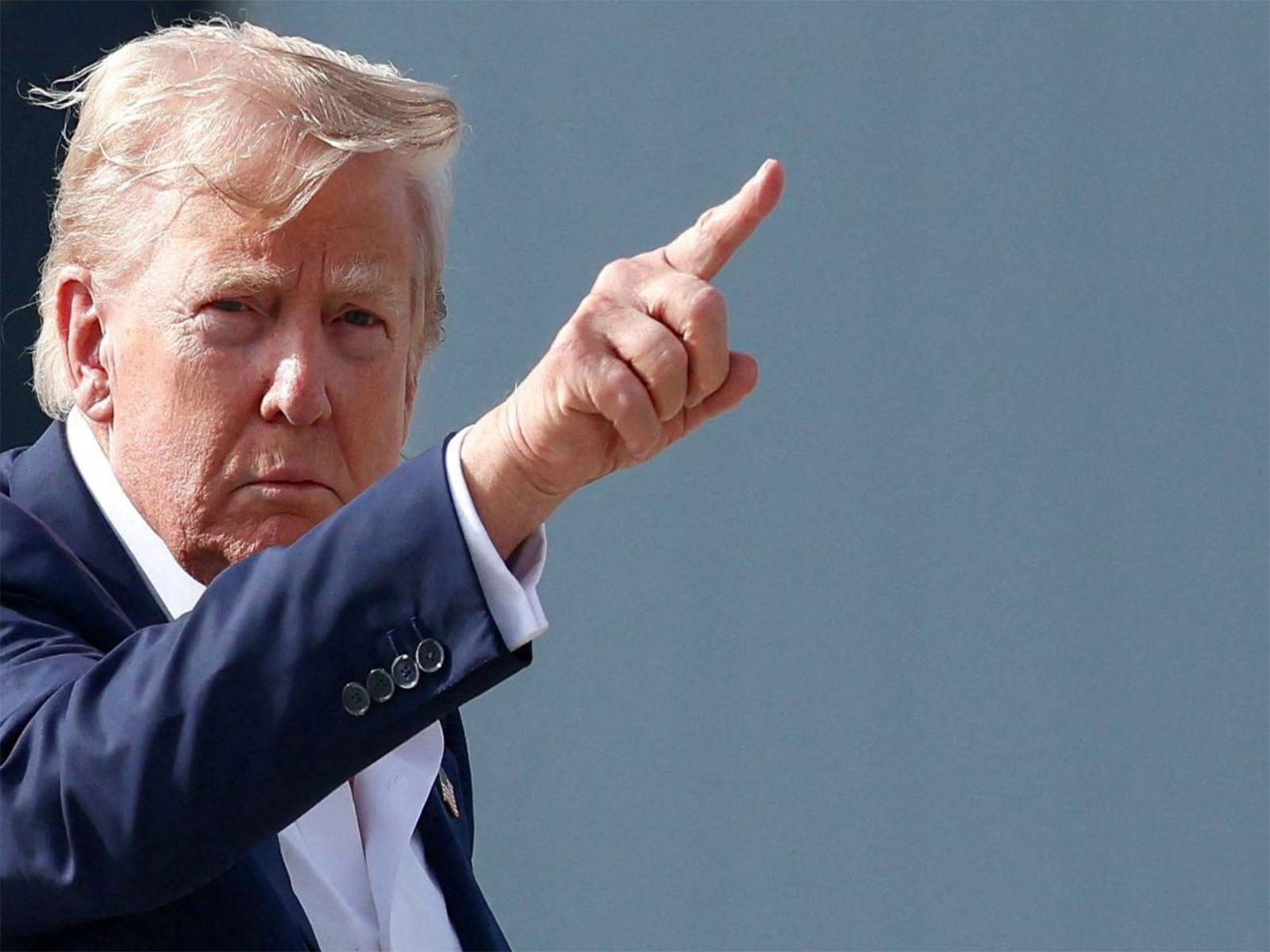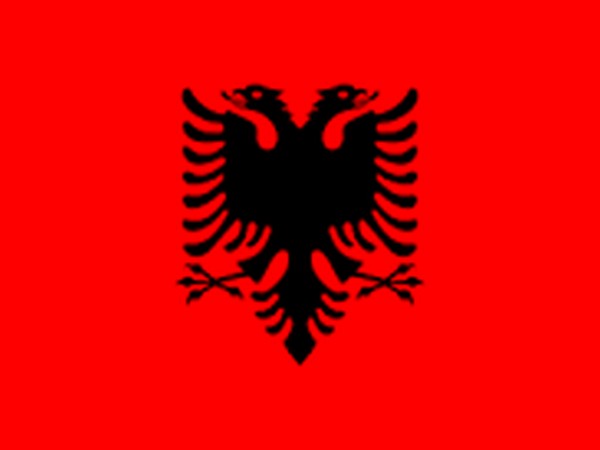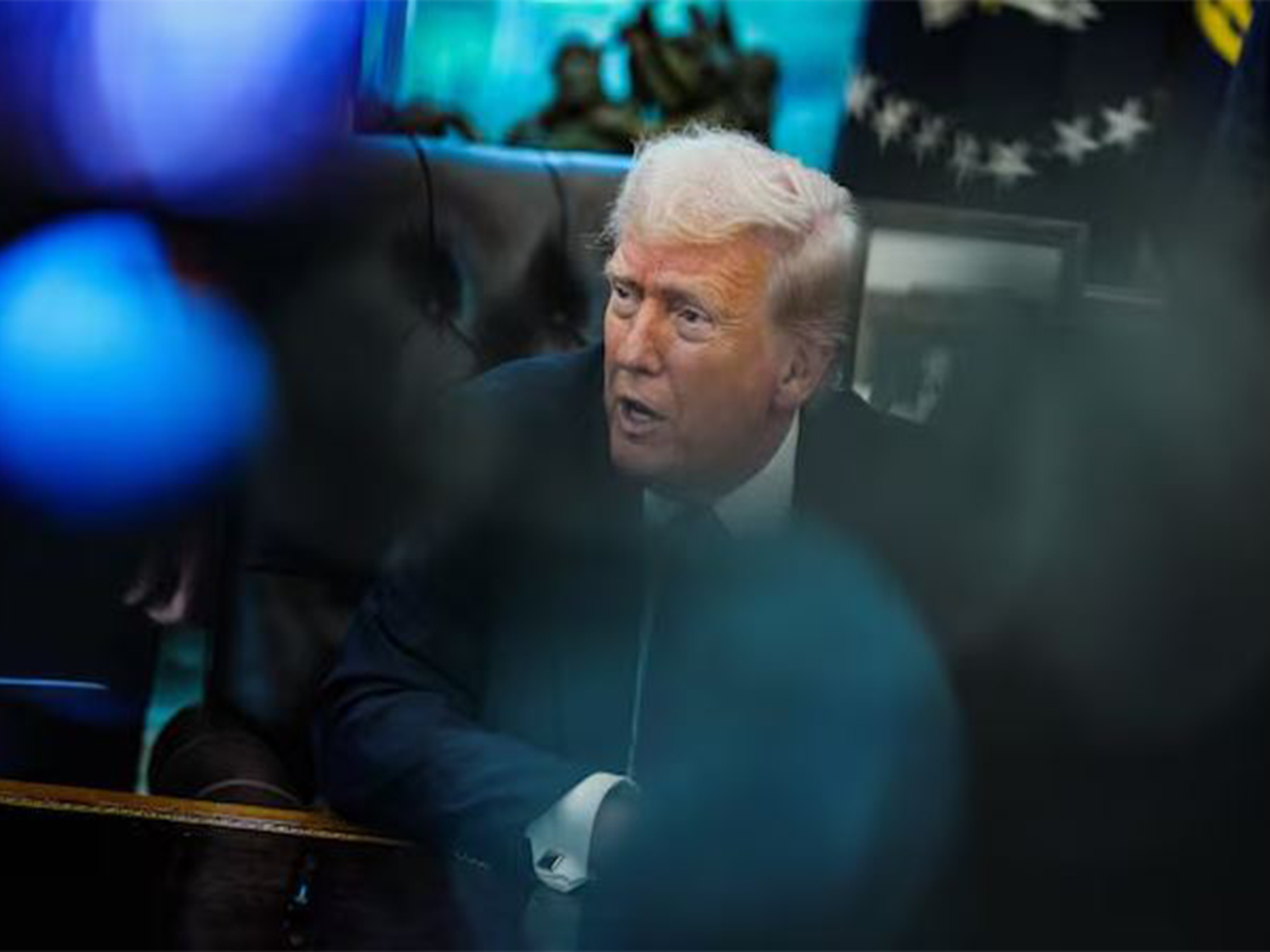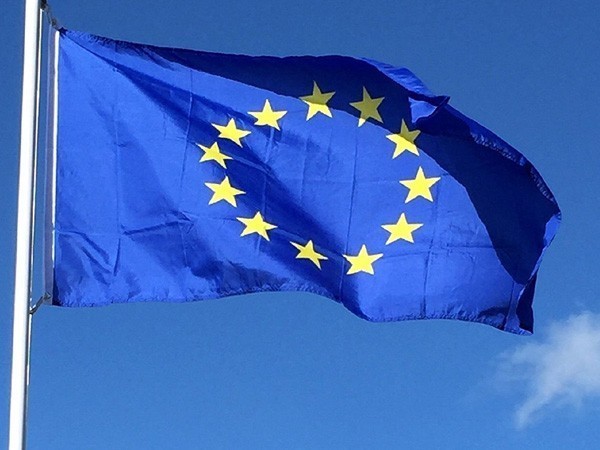
Joint statement on international, regional affairs issued following 29th GCC-EU Ministerial Meeting
Oct 07, 2025
Brussels [Belgium], October 10: The foreign ministers of the Gulf Cooperation Council (GCC) and the European Union (EU) held their 29th ministerial meeting in Kuwait, co-chaired by Kuwaiti Foreign Minister Abdullah Ali Al-Yahya, current chair of the GCC Ministerial Council, and EU High Representative for Foreign Affairs and Security Policy and European Commission Vice-President Kaja Kallas, with the participation of GCC Secretary-General Jasem Mohammed Al-Budaiwi and senior officials from both sides.
A joint statement issued after the meeting welcomed progress under the 1988 Cooperation Agreement that underpins the GCC-EU Strategic Partnership, stressing its importance amid economic challenges and threats to regional and global security. The ministers praised the outcomes of the first GCC-EU Summit held in Brussels in October 2024 under the theme "A Strategic Partnership for Peace and Prosperity," and looked forward to the next summit in Saudi Arabia in 2026.
The two sides reaffirmed their commitment to a rules-based international order, respect for international law, the UN Charter, international humanitarian law and human rights, as well as support for multilateralism and sustainable development. They welcomed the outcomes of the Second High-Level Ministerial Forum on Regional Security and Cooperation in Kuwait on 5 October 2025 and the Second Regional Security Dialogue Forum held in Brussels last April, pledging to implement their conclusions.
Both parties hailed enhanced cooperation on counter-terrorism, maritime and cyber security, non-proliferation and disaster management, noting the maritime security seminar in Brussels, the cyber-diplomacy dialogue in Riyadh, and plans for the first joint counter-terrorism working group meeting. They also commended the meeting of criminal investigation and intelligence directors held in Abu Dhabi in February 2025.
The ministers agreed to strengthen trade and investment ties and explore the resumption of free-trade negotiations, emphasising the need to diversify financing sources, foster a favourable business environment and advance regulatory dialogues within the 2025 Trade and Investment Dialogue to enhance market access, supply-chain resilience and economic integration. They highlighted investment opportunities in clean technologies, digital trade and low-carbon energy.
The statement underscored cooperation on renewable energy, hydrogen, energy efficiency, carbon capture and innovative technologies, reaffirming commitment to the Paris Agreement and to intensified efforts on climate change, biodiversity loss, desertification and pollution. It noted the importance of upcoming conferences in Riyadh and Abu Dhabi on green transition, investment and financing.
The meeting welcomed the signing of an administrative arrangement between the GCC Emergency Management Centre and the European Commission's Directorate-General for Civil Protection and Humanitarian Aid Operations to boost disaster-response cooperation, and the launch of the GCC Radiological Data Exchange Platform in April 2025.
It reiterated the importance of joint humanitarian action, ensuring humanitarian access, civilian protection and respect for international humanitarian law.
On education, research and innovation, the sides agreed to expand cooperation through the Horizon Europe and Erasmus+ programmes and promote joint initiatives between start-ups and SMEs. They also identified opportunities in digitalisation, transport and space, and pledged to enhance trilateral cooperation, particularly in the Mediterranean.
Both sides renewed their commitment to counter hate speech, extremism and racism, and to foster intercultural and interfaith dialogue, human rights protection and safe, mutually beneficial travel between the GCC and EU.
The meeting welcomed the outcomes of the first GCC-EU Parliamentary Meeting held in Abu Dhabi in June 2025, reaffirming the importance of continued parliamentary dialogue and of the work of joint political and cooperation committees.
It also commended the GCC-EU Young Leaders in Regional Diplomacy programme and progress under the 2022-2027 Joint Action Programme covering politics, trade, energy, climate, education, health and innovation.
The ministers called for active participation in the Second Social Development Summit in Doha in November 2025, and welcomed Bahrain and Latvia's election to the UN Security Council for 2026-2027.
On regional and international issues, the council condemned the Israeli attack on Qatar on 9 September 2025, reaffirming support for Qatar's sovereignty and calling it an unacceptable escalation undermining mediation efforts for a Gaza ceasefire. The ministers reiterated support for a two-state solution based on the Arab Peace Initiative, UN resolutions and 1967 borders, and welcomed the US peace plan to end the Gaza war.
They endorsed the New York Declaration on the Peaceful Settlement of the Question of Palestine and the Implementation of the Two-State solution, calling for a permanent ceasefire, full humanitarian access and compliance with international law.
They commended the mediation efforts of Qatar, Egypt, the US, Saudi Arabia and France. The council voiced support for UNRWA and Gaza reconstruction, urged Israel to release Palestinian clearance revenues, and stressed preserving Al Quds' legal status and the roles of Jordan and Morocco, while halting settlement expansion and violence against civilians.
On Iraq, the council underscored resolving maritime boundary issues with Kuwait under international law, respecting treaties and UN resolutions.
Regarding Iran, the ministers reaffirmed respect for sovereignty and non-interference, expressed concern over renewed nuclear sanctions, called for cooperation with the IAEA, and urged an end to Iran's occupation of the three UAE islands through negotiation or international arbitration. They also called on Tehran to halt the spread of missiles and drones threatening regional security.
On Yemen, the sides reaffirmed support for a comprehensive UN-led political process, praised mediation by Saudi Arabia, Oman and the UN envoy, and urged the Houthis to engage seriously, stop attacks in the Red Sea, ensure freedom of navigation and release detainees. They emphasised humanitarian aid, famine prevention and economic stability.
On Syria, the ministers reiterated support for sovereignty and territorial integrity, rejection of foreign interference, and commitment to a political transition and accountability, while highlighting reconstruction, economic recovery and continued counter-terrorism efforts, particularly against Daesh.
On Lebanon, they called for implementation of UN resolutions and the Taif Accord, full state authority, support for the Lebanese Army and UNIFIL, and reforms to restore stability.
The meeting concluded with agreement to hold the 30th GCC-EU Ministerial Meeting in Brussels.
Source: Emirates News Agency
